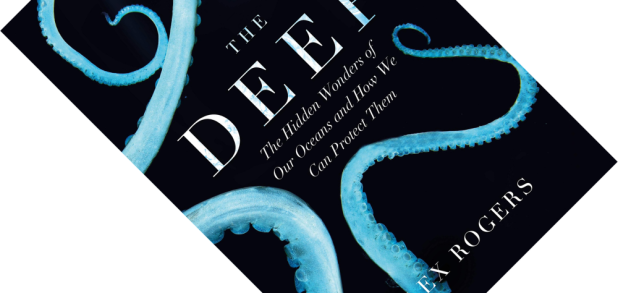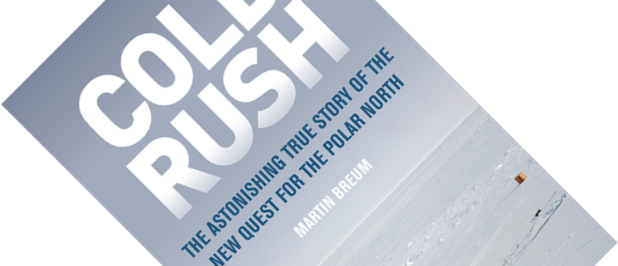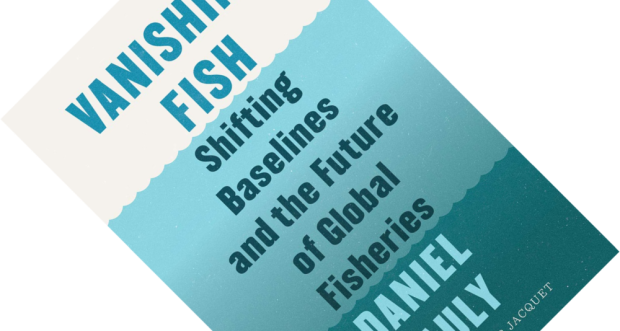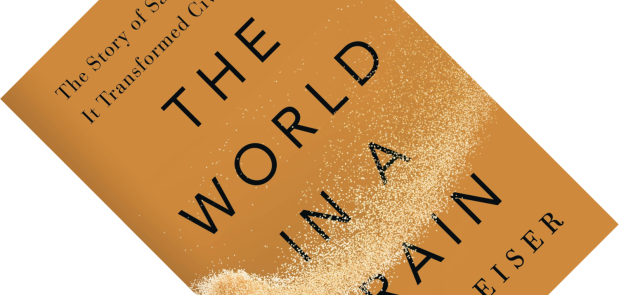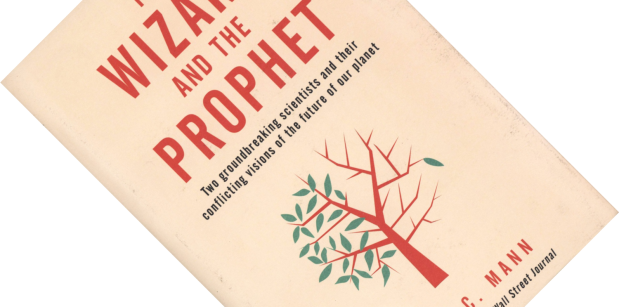What does the deep ocean make you think of? An alien world right on our doorstep? The cradle of life? A global garbage dump? The lungs of the planet? Or the world’s most abused ecosystem? If I am to believe marine biologist Alex Rogers, the deep ocean is all of the above, and so much more. With three decades of research experience and scientific consultancy credits for the BBC series Blue Planet II under his belt, he knows what he is talking about and he knows how to talk about it. The Deep is an intensely captivating and urgent book that swings between wonder and horror.
environmental issues
Book review – Cold Rush: The Astonishing True Story of the New Quest for the Polar North
Cold Rush is one of those books that invites a facepalm and a groan of: “humans… sigh”. The Arctic turns out to be particularly sensitive to climate change – the extent of sea ice cover has been hitting record-lows in the last decade, polar bears are moving into new areas as their habitat disappears, Greenland’s glaciers are melting in record-tempo, and scientists are publicly worrying we will see the North Pole free of ice within decades. You would think that we would be concerned. Instead, the nations around the Arctic rub their hands in glee: “Look at all these business opportunities: new shipping routes, newly accessible oil, gas, and mineral reserves… oh boy, we are going to make so much money!”
Book review – Why Good People Do Bad Environmental Things
If so many people are concerned about the environment, why do we still behave in ways that harm it? Many environmentalists will quickly argue that people just do not care or need more information. Professor of Environmental Studies Elizabeth R. DeSombre here argues that these answers are often wrong or incomplete. By considering research from a range of disciplines she is looking for a fuller explanation of why we behave the way we do. Only then can we hope to change how people achieve their goals in less destructive ways. And that, she daringly concludes, does not even require people to care about the environment.
Book review – Vanishing Fish: Shifting Baselines and the Future of Global Fisheries
The phenomenon of “shifting baselines” is, to me, one of the most powerful concepts in ecology, explaining a lot of the damage humanity has wreaked on its environment. Vanishing Fish is a career-spanning collection of previously published essays, with some new material, from the pen of fisheries biologist Daniel Pauly who coined this term in 1995. And when a man like him speaks, I listen. The book gives an eye-opening overview of the state of the world’s fisheries, and the research that revealed the institutional ignorance that partially obscures the gravity of the situation.
Book review – The Omega Principle: Seafood and the Quest for a Long Life and a Healthier Planet
American author Paul Greenberg has written two previous books about (eating) fish (American Catch: The Fight for Our Local Seafood and Four Fish: A Journey from the Ocean to Your Plate), so he is no stranger to the rather, errr, fishy topic of omega-3 fatty acid supplements. His new book, The Omega Principle, is much more than just a critique of the supplement industry though. This engagingly written reportage digs far deeper, asking where this oil comes from, and reports on that vast segment of the global fishing industry known as the reduction industry, and a food system out of whack with our needs.
Book review – The World in a Grain: The Story of Sand and How It Transformed Civilization
Human civilisation is hungry for many resources, and I feel that there is a general awareness that we are taking more than the planet can provide. Deforestation, overfishing, fossil fuel exploitation – I’d like to think these are all familiar concepts. But who knew that we have a sand crisis looming in our near future? Journalist Vince Beiser has written a hard-hitting reportage that convinces that, despite its ubiquity, even humble grains of sand are a finite resource.
Book review – The Wizard and the Prophet: Two Remarkable Scientists and Their Conflicting Visions of the Future of Our Planet
If I asked you to propose solutions to some of the world’s problems and future challenges, things such as overpopulation, food production, hunger, soil erosion, resource depletion, energy production etc., what ideas would you put forth? Most likely, your proposals would build on the intellectual legacy of two men you have never heard of. Allow American journalist and writer Charles C. Mann to introduce you to ecologist William Vogt, father of the environmental movement, and Nobel-Peace-Prize-winning plant breeder Norman Borlaug, instigator of the agricultural Green Revolution.
Opinion: the complexity of eco-fashion or, there is no free lunch
Today, a fantastic piece was shared on Facebook by various friends that I found myself furiously agreeing with, nodding all the way through. Written by freelance journalist Alden Wicker, it was already published in November 2017 on Craftsmanship Quarterly, but only now made its way into my circles. Her piece, provocatively titled “Eco-fashion’s Animal Rights Delusion“, perfectly summarises why I always feel a certain unease and skepticism towards veganism, the organic agriculture movement etc., and can’t wholeheartedly support organisations like PETA or Greenpeace.
(more…)
Book review – All the Boats on the Ocean: How Government Subsidies Led to Global Overfishing
This book presents a historical analysis of overfishing, following up on her 2012 book All the Fish in the Sea: Maximum Sustainable Yield and the Failure of Fisheries Management. Though many reviews have been written on overfishing, and everyone agrees that too many fishing boats have been built, Finley contends that the question is never asked who built these boats in the first place. Her analysis aims to show that government policies, especially during the Cold War (1946-1990), have been responsible, with subsidies for the fishing industry being a proxy to attain other goals. As the opening sentence puts it: fishing has always been about more than just catching fish. The US-side of the story is scrutinised most intensely, though developments in other nations are covered at length.
Book review – The Irresponsible Pursuit of Paradise (Second Edition)
The Irresponsible Pursuit of Paradise lays bare a conundrum of our times. How is it that so many of us loathe resource extraction (e.g. the cutting down of trees for timber, or the mining of ores to produce metals), yet we absolutely adore the products that are subsequently made from these resources? We are up in arms when our forests are under threat, or companies want to start fracking in protected areas (a current concern in the UK), and when we successfully halt these things, the results are invariably hailed as a victory for the environment. Except that they aren’t.

